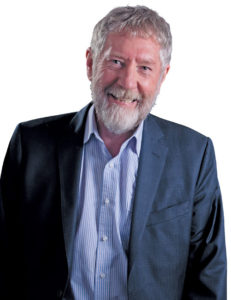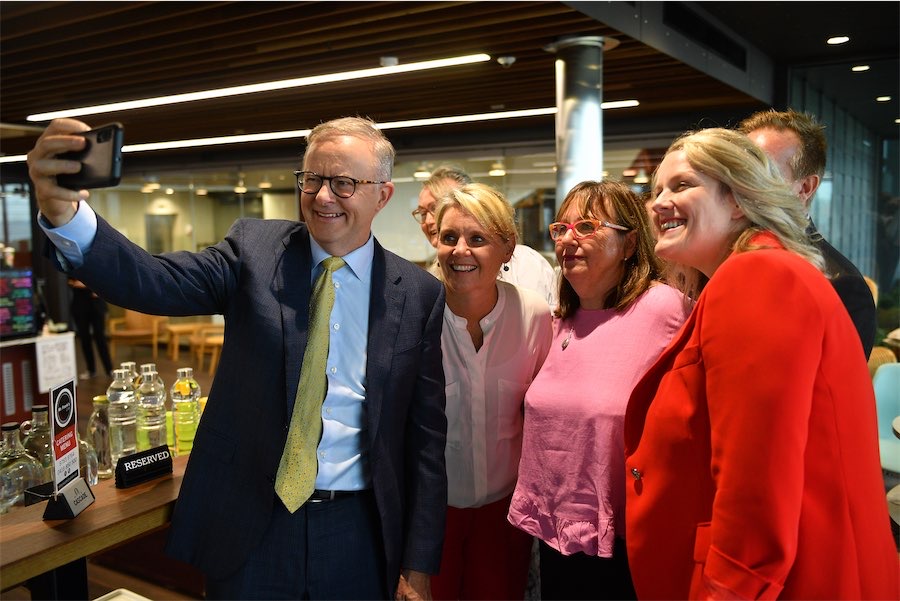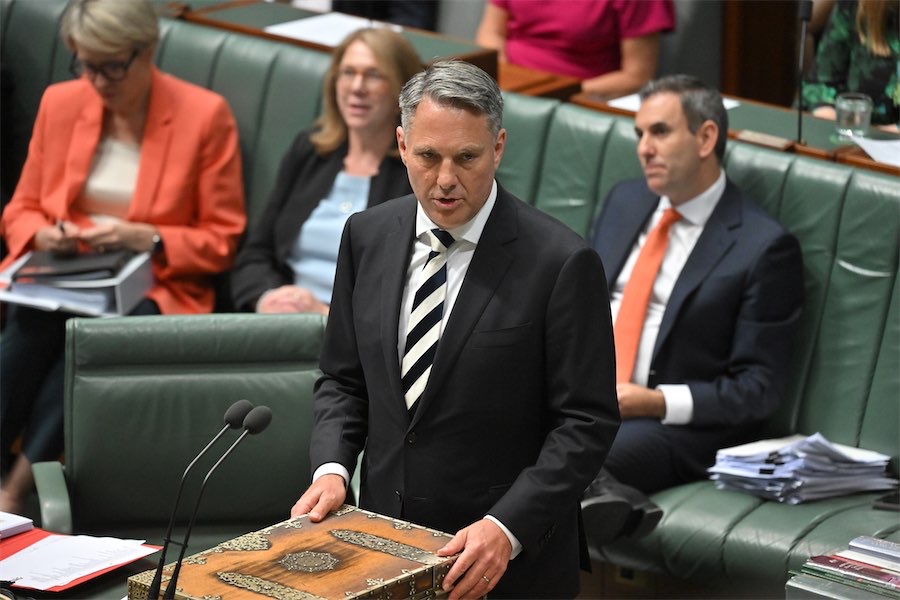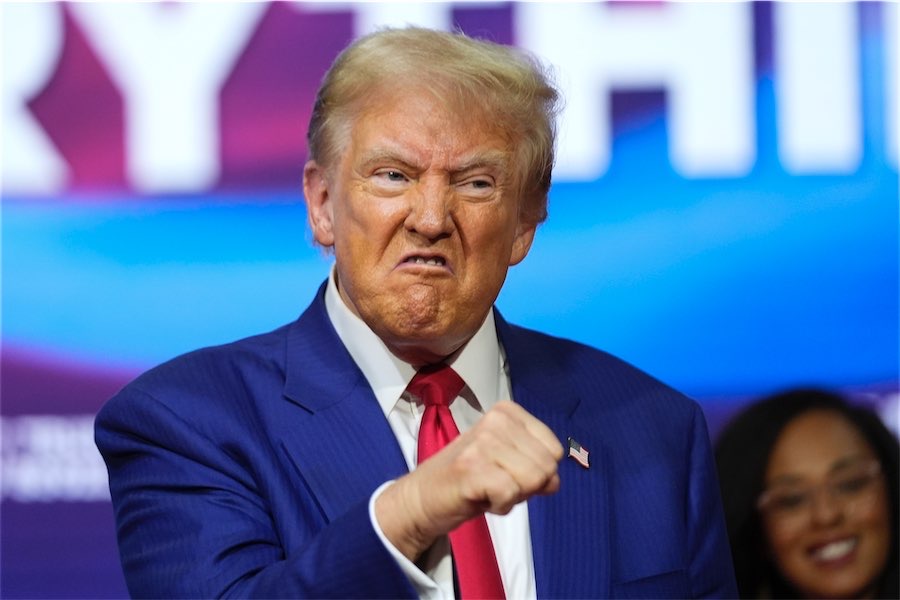
“In the US, Canada and the UK, electronic cigarette use is unregulated and widespread. They are extensively glamourised through social media resulting in an epidemic of young people using them,” writes political columnist MICHAEL MOORE
DEATHS from the coronavirus pandemic pale into insignificance compared to the worldwide deaths from tobacco. At least for the moment.

While there have been just over half a million COVID-19 deaths so far, the World Health Organization identifies that annually eight million people die prematurely through tobacco use.
While the world scrambles to find solutions to the coronavirus, Big Tobacco continues to sell its lethal product largely unhindered in many countries. Free marketing, minimal taxation and widespread use of tobacco are still common, especially in middle and low-income countries.
Not so in Australia. The recent “National Drug Strategy Household Survey” by the Australian Institute of Health and Welfare (AIHW) reveals just how well our nation is managing.
Smoking has reduced from 24 per cent in 1991 to 12.2 per cent in 2016 and was 11 per cent in 2019. According to the Australian Council on Smoking and Health (ACOSH) “that means literally tens of thousands of deaths prevented”.
Public health advocacy success frightens Big Tobacco. Actions by Australian and other governments threaten to reduce its profits. The greatest threat to tobacco companies is young people eschewing tobacco with uptake by 14-19-year-olds “dropping by 80 per cent since 2001”.
Hence there’s another strategy to maintain profits; the number of young people taking up electronic cigarettes has quadrupled in six years.
Big Tobacco will do almost anything to protect its profits. Remember the denials about the harm of tobacco, the arguments about doctors favouring a particular brand and “just filter it”.
Benjamin Disraeli’s insight still holds true: “There are three kinds of lies: lies, damned lies and statistics”. We know from millions of papers legally “discovered” in the US, the industry will dissemble, divert attention and lie about their lethal product.
One of the favourite tactics is to pay researchers to question statistics and epidemiological studies while concurrently funding their own research into questions that distract from the lethal nature of nicotine and tobacco.
The dissembling and lobbying of the tobacco industry internationally has given it access to governments that is unprecedented for decades. This time they are not using “just filter it”, but rather arguing for a switch to electronic cigarettes.
Tobacco companies have the lion’s share of this industry and sell them alongside tobacco.
The Australian government, in a bi-partisan approach with leadership by Health Minister Greg Hunt and then-shadow minister Catherine King, has allowed electronic cigarettes in a very restricted manner.
Compared to many other countries, Australia is doing remarkably well in reducing tobacco use while avoiding a plague of electronic cigarettes.
As the Therapeutic Goods Administration and the National Health and Medical Research Council have noted “there is insufficient evidence on the safety and efficacy of electronic cigarettes to make them more freely available”.
Greg Hunt has not been duped into accepting the Big Tobacco argument that these electronic devices should be unregulated as “harm reduction” approaches.
He has applied a full harm minimisation approach encompassing “supply reduction, demand reduction and harm reduction”. Cherry picking a convenient element would never deliver the least harm.
In the US, Canada and the UK, electronic cigarette use is unregulated and widespread. They are extensively glamourised through social media resulting in an epidemic of young people using them. This is why media reports of young people in Australia buying and using these devices are of such great concern
The most effective drug policies are not based on prohibition. A regulated market reduces use and reduces harm. Minister Hunt is to be congratulated on adopting a “controlled availability” approach in allowing only the import of nicotine with a doctor’s prescription from January 1, 2021.
True to form, Big Tobacco and the electronic cigarette apologists will scream their objections and argue that the advent of electronic cigarettes is the reason for the reduction.
Not true! Public health advocates such as Prof Mike Daube refer to the “scream test”. The louder the tobacco companies scream – the more effective the policy approach.
The AIHW report counters any such propaganda explaining “the decrease in daily smoking appears to be mainly driven by fewer people aged 14-39 taking up smoking”.
Michael Moore is a former member of the ACT Legislative Assembly and an independent minister for health. He has been a political columnist with “CityNews” since 2006. He is a past president of the World Federation of Public Health Associations.
Who can be trusted?
In a world of spin and confusion, there’s never been a more important time to support independent journalism in Canberra.
If you trust our work online and want to enforce the power of independent voices, I invite you to make a small contribution.
Every dollar of support is invested back into our journalism to help keep citynews.com.au strong and free.
Thank you,
Ian Meikle, editor





Leave a Reply